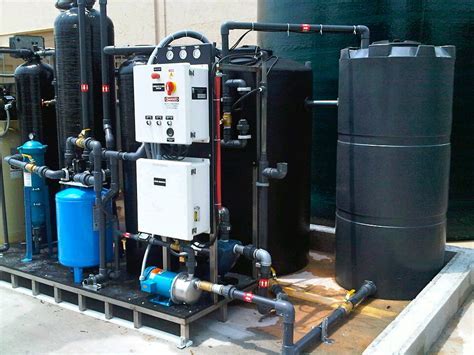In the dynamic landscape of water treatment, a profound shift is underway, transcending conventional filtration methods to redefine global standards. This transformative journey encompasses a spectrum of innovative approaches that extend beyond mere filtration, embracing a comprehensive reimagining of water treatment norms. At its nucleus lies a commitment to advancing technological frontiers. Emerging technologies, such as advanced oxidation processes and electrochemical treatments, are challenging the status quo, presenting unprecedented avenues for purifying water at molecular levels. These methodologies not only augment the removal of contaminants but also exhibit an inherent adaptability to diverse water compositions, thereby offering a more nuanced and effective solution to the complexities of modern water treatment challenges. The revolution in water treatment extends beyond the laboratory, weaving sustainability into the very fabric of its practices. From treatment plant architecture to operational protocols, a keen environmental consciousness permeates every facet of these pioneering approaches. Green infrastructure, featuring vegetative systems and natural processes, coexists harmoniously with cutting-edge technologies to create a symbiotic relationship that minimizes ecological footprints.

Energy efficiency is paramount, with a shift towards renewable energy sources ensuring that the treatment processes align with global sustainability goals. This synergy of innovation and environmental stewardship reshapes the narrative of water treatment, elevating it from a mere utility function to a crucial component of a broader ecological agenda. Accessibility is a central tenet of this paradigm shift, driven by a commitment to democratizing water treatment benefits. These revolutionary approaches are not confined to urban centers or industrial complexes; they extend their reach to remote and underserved communities. Decentralized treatment systems, often modular and scalable, redefine the traditional centralized model, ensuring that clean water is not a luxury but a fundamental right for all. The incorporation of smart technologies facilitates real-time monitoring and adaptive management, enhancing the reliability and efficiency of these decentralized systems.
By transcending geographical barriers and socio-economic constraints, the revolution in water treatment sets forth a vision of inclusivity, acknowledging the imperative to make clean water universally accessible. In this transformative epoch, water treatment is not merely a reactive measure but a proactive endeavor that contributes to broader resilience and sustainability goals. Beyond addressing immediate water quality concerns, Advanced Water Purification these revolutionary approaches act as custodians of long-term environmental health. The integration of nature-based solutions, such as constructed wetlands and bioremediation, exemplifies a holistic approach that fosters ecosystem restoration concurrently with water purification. By challenging existing norms and embracing a multidimensional ethos, the revolution in water treatment becomes a catalyst for ushering in a future where clean water is not just a standard but an integral component of a thriving, interconnected global ecosystem.




